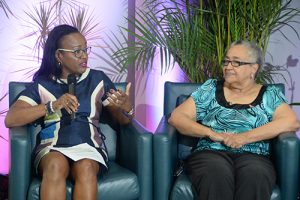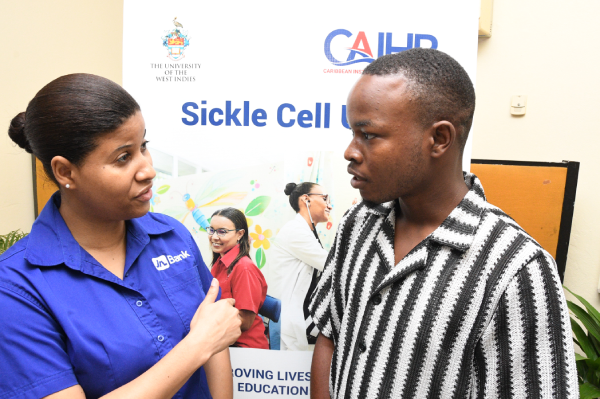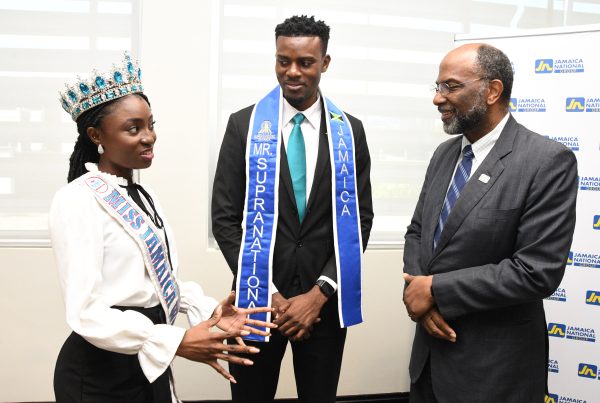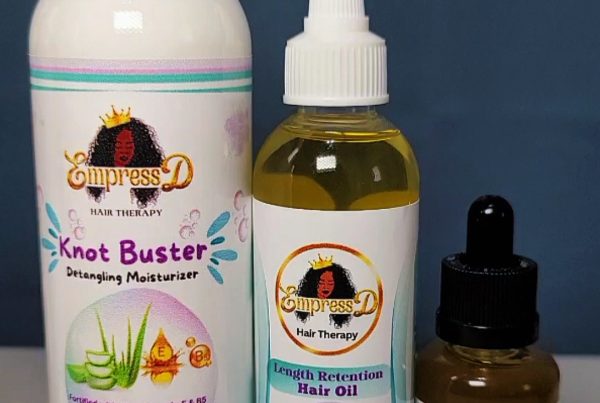JN Life Insurance offering critical care coverage for persons afflicted with disease
In light of the crippling financial costs, which is often associated with treating breast cancer, one financial institution has stepped forward with a critical care insurance plan, to provide funding for first-time cancer patients and survivors.
Dr Damian Ffriend, senior manager, JN Life Insurance Company, said the plan was designed to provide health coverage for cancer survivors, who are often rejected by health insurance companies, as a result of their previous diagnosis.
“If you have been diagnosed with a critical illness, including cancer, we pay out the full amount in the event that the sickness recurs,” Dr Ffriend informed. “All you have to do is continue paying your premiums and there needs to be only a minimum of one year between diagnoses.”
He was addressing a recent think tank session, organised by The Jamaica National Group entitled, “Beyond Breast Cancer.” The forum was held as part of the JN Group’s “Power of Pink” campaign for Breast Cancer Awareness Month, internationally observed in October.
Dr Ffriend further added that, persons can claim not only if the cancer reoccurs, but also in the event that, they are diagnosed with a second critical illness.
“We’ve found that very often, if you’ve had one critical illness, you become more likely to have something else, because the body had to go through all of those challenges; and in such cases, we say the waiting period is six months,” he related.
The JN senior manager informed that, there is no upper limit to the number of times an individual can claim on the plan, if their payments are up to date. He further added that, there is no increase in the premiums, despite a previous claim on the insurance.
Dr Ffriend said the JN Group is aware that a cancer diagnosis can be financially devastating for the average Jamaican family. “I’ve seen persons, not only grapple with the costs of taking care of their health needs, but also while they are ill and trying to get better, their house for example, goes on auction, because they had to make a choice between paying the mortgage and trying to get better,” he related.
“We’ve seen future generations get put back several years, because what was supposed to be the education fund for the children had to be used for cancer treatment,” he said.
Carolind Graham, chairman, Jamaica Reach to Recovery, the breast cancer support arm of the Jamaica Cancer Society, added that the high cost of treatment for breast cancer has forced many families into bankruptcy.
“Breast cancer can bankrupt a family. There are persons, who come to us and they’re looking at expenses of more than $2 million. Who has $2 million sitting down? Then, you wonder what happens next, if this person cannot come up with this money. It’s a frustrating experience,” she informed.

Janice Longmore (left), chief of operations at JN Bank and Carolind Graham, chairman, Jamaica Reach to Recovery, were among the panellists at the “Beyond Breast Cancer,” think tank session organised by The Jamaica National Group, as part of activities for Breast Cancer Awareness Month.
Executive Director of the Jamaica Cancer Society, Yulit Gordon, supported Mrs Graham’s point, noting that access to affordable health insurance is a major deterrent to effective screening and treatment, because many persons are not financially equipped to deal with a breast cancer diagnosis due to the exorbitant costs for treatment.
Supporting her colleague, Dr Ffriend, chief of operations at JN Bank, Janice Longmore, challenged more financial institutions to offer group and critical health insurance packages for breast cancer survivors.
“For many health insurance providers, if you are a survivor of breast cancer you cannot get health insurance as part of a group health package. This is quite devastating, because health insurance for a survivor is crucial, because they need to do their screenings far more often than a person who has never been diagnosed with the disease,” she explained.
“What that means is, if that woman gets a breast cancer diagnosis again, she can’t afford the drugs, the doctor visits, or any of the myriad of tests which are required for treatment,” Mrs Longmore added.
Notwithstanding the issue of affordability, data provided by the JCS shows that an increasing number of younger women are being diagnosed with breast cancer in Jamaica. The numbers reveal that approximately 60 per cent of breast cancer cases diagnosed are among women, between the ages of 25 and 59 years.
Additionally, the median age for women diagnosed with breast cancer in Jamaica is 52, which is eight years younger than the global average of 60 years.





